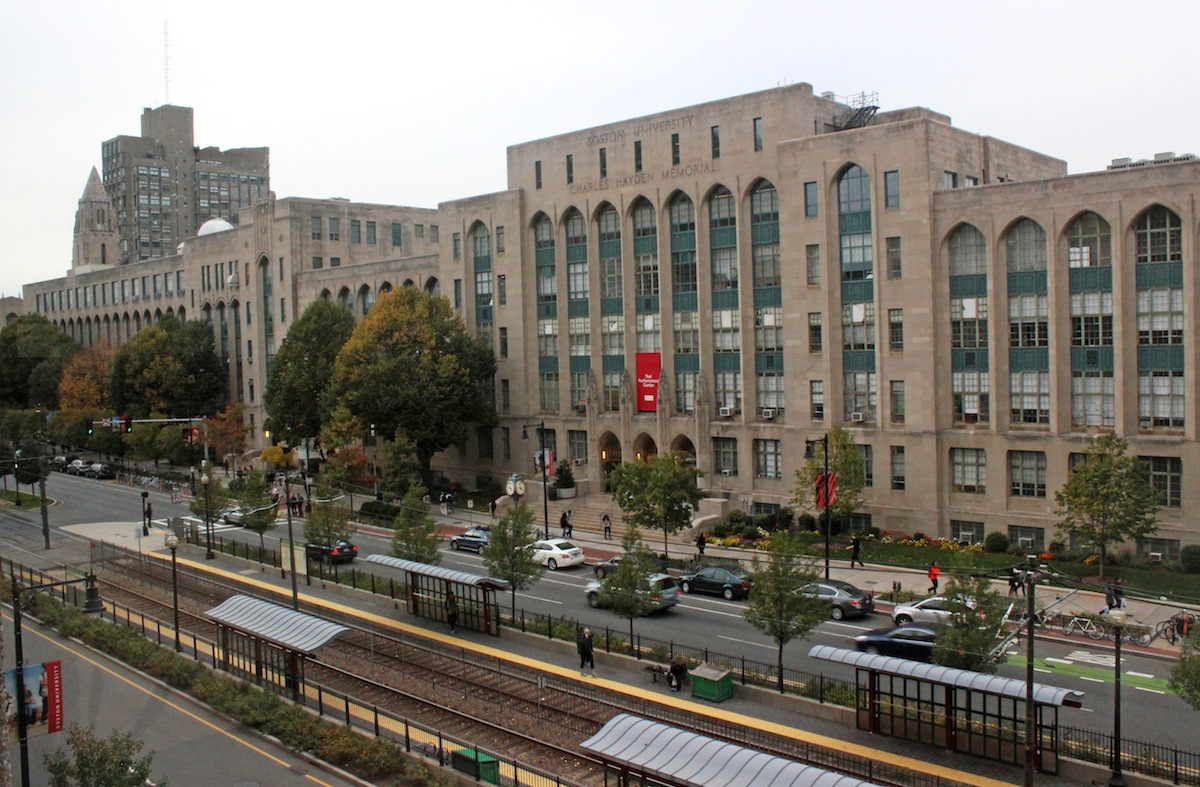This Conversation Is Tapped: The Legal Drinking Age Is Just Fine As Is

Photo by Olga Khvan
Boston University researchers say the facts don’t lie: keeping the legal drinking age at 21 has been a benefit to the safety of the general public, and all future conversations about trying to lower restrictions should be ignored.
“I really do think we can draw the debate to an end,” said William DeJong, a professor in the Department of Community Health Sciences at Boston University’s School of Public Health. “Certainly, at least, to the standpoint of public safety. And, as I have said to many people, there may be reasons people want to change the law, but public safety is not one of them.”
Focusing on research that dates back to 2006, when the nonprofit organization Choose Responsibility called for repealing the 1984 National Minimum Drinking Age Act to allow states to drop the legal drinking age from 21 to 18, DeJong and co-author Jason Blanchette released a paper this week that puts the final nail in the metaphorical coffin surrounding the debate, they say.
While there has been no recent push to make a change, the question often crops up among college students and those enlisted in the military. DeJong said he wanted to pull together research that disputes past claims that the legal age of 21 doesn’t work and provide solid research to fall back on in case any conversations arise in the future from similar advocacy groups looking to roll back the age requirements.
“When Choose Responsibility launched in 2006, they generated a lot of press activity about the possibility of changing the law, and they made the claim that the drinking age of 21 was making the drinking problem worse, not better,” he said. “It generated interest and there were proposals in some states to lower the drinking age, and researchers started to do more work to examine the impact of the law. We wanted to pull all of that information together and present the evidence that counters a lot of the misinformation that was released.”
In the research paper, titled Case Closed: Research Evidence on the Positive Public Health Impact of the Age 21 Minimum Legal Drinking Age in the United States, DeJong and Blanchette posit that the current law has “served the nation well by reducing alcohol-related traffic crashes and alcohol consumption among youths.” Their research claims that the current law in some circumstances has also protected people from long-term negative outcomes in adulthood, including alcohol and drug dependence.
The duo concluded in their report that to combat underage drinking, rather than lower the age to meet the binging that happens across the country at college campuses, it’s up to school officials to enact stricter policies and guidelines to deal with the issue.
“The law saves lives and is unlikely to be overturned. College and university leaders need to put into effect workable policies, stricter enforcement, and other evidence-based prevention efforts that have been demonstrated to reduce underage drinking and alcohol-related problems on campus,” they wrote. “The evidence is clear that, absent other policy changes and improved enforcement of the nation’s alcohol laws, lowering the legal drinking age would lead to a substantial increase in injuries, deaths, and other negative health-related consequences.”
DeJong said his research often called into question whether other countries, specifically in Europe, had more long-term success in terms of maintaining public safety because the legal drinking age is often 18, and because people are exposed to it at a younger age, it becomes of less interest. But based on his findings, DeJong thinks that argument holds no weight.
“In looking at research that’s been done on the European Union versus the U.S., it’s very clear that there is more drinking earlier, and more drunkenness reported by adolescents compared to the U.S. The only true exception to that is Turkey, which is predominantly a Muslim country,” he said.
While anti-drinking groups and advocates have applauded DeJong and Blanchette’s recent paper, he said there would always be detractors arguing otherwise.
“Of course you are always going to find people that will say 18 is better for whatever reason,” he said. “If we want to drink, we are going to drink, and there is research that certain levels in enforcement won’t eliminate the problem—but it will certainly make a dent in it. But I don’t expect the young people who do favor [an age change] to be persuaded by this.”

